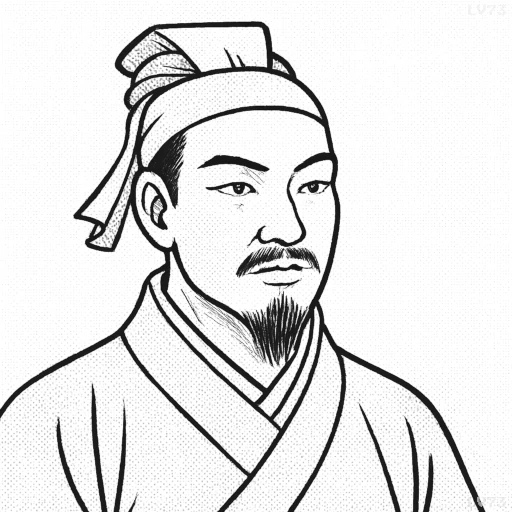“Supreme excellence consists in breaking the enemy’s resistance without fighting.”

- 544 BC-496 BC
- Born in China
- Military strategist, military strategist
table of contents
Quote
“Supreme excellence consists in breaking the enemy’s resistance without fighting.”
Explanation
In this quote, Sun Tzu articulates one of the highest ideals of strategic warfare: achieving victory without the need for actual combat. Supreme excellence is found in the ability to weaken the enemy’s will and morale through methods other than direct confrontation, such as psychological warfare, diplomacy, or strategic maneuvering. By undermining the enemy’s confidence, unity, or resources, a commander can effectively neutralize their opposition before any battle is even fought. This approach minimizes casualties and preserves valuable resources, allowing the victor to maintain their strength and avoid the costs of prolonged conflict. The principle of breaking the enemy’s resistance without fighting underscores the power of strategy and indirect action in achieving lasting success.
In modern times, this idea is applied in business, politics, and international relations. In business, companies often seek to outmaneuver their competitors without engaging in direct competition. For example, Apple in its early days sought to create a distinct brand identity and superior user experience, causing many customers to gravitate toward its products, thereby undermining its competitors without the need for direct market confrontations. Similarly, in politics, sanctions or economic pressures can force an adversary to reconsider their position without the need for military engagement. The Cold War is a prime example, where the United States and Soviet Union engaged in a battle of ideologies, relying more on espionage, diplomacy, and propaganda rather than direct conflict. Additionally, in negotiations, the ability to break an opponent’s resolve without resorting to a trade war or confrontation is often a sign of superior negotiation tactics.
Historically, this principle can be seen in the tactics of several famous commanders. One example is Alexander the Great, who often employed psychological tactics to weaken his enemies before battle. In his campaign against the Persian Empire, Alexander’s use of speed and surprise often created a sense of hopelessness among his enemies, leading them to surrender without a fight. Another historical example is the use of diplomacy and economic leverage in the Treaty of Westphalia (1648), which effectively ended the Thirty Years’ War and reshaped the balance of power in Europe without further military conflict. These examples demonstrate that true excellence in strategy lies not only in fighting battles but in the ability to undermine the enemy’s position and break their will to resist, leading to victory with minimal conflict. Whether in war, business, or diplomacy, the idea of breaking the enemy’s resistance without fighting remains a timeless and valuable strategy.
Would you like to share your impressions or related stories about this quote in the comments section?

